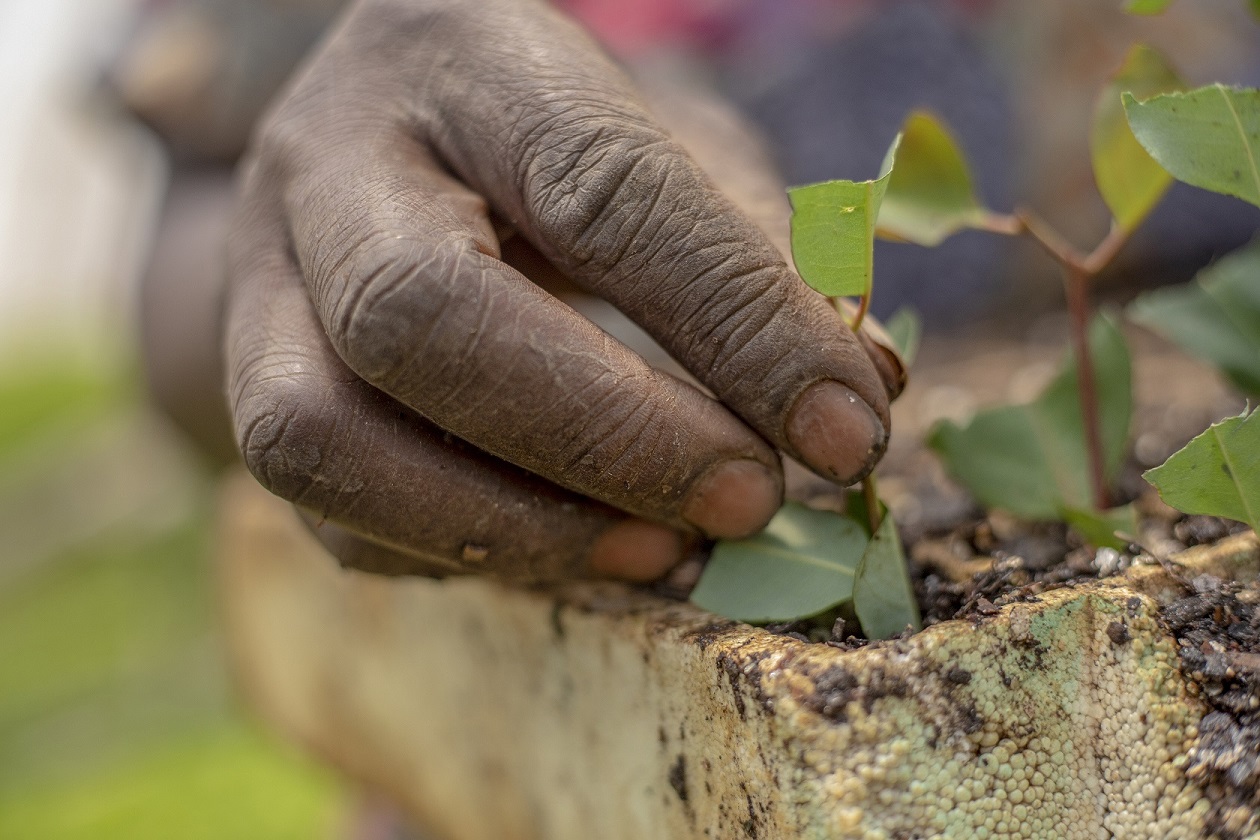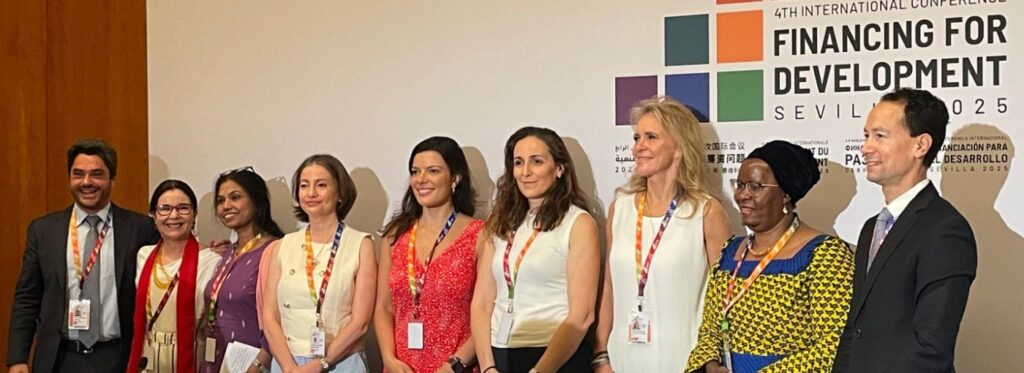Covid-19 lockdown and human dignity
By Sally Akinyi and Virginia Munyua, Hivos East Africa. This article was first published on the Hivos East Africa website.
Up to 25 million jobs could be lost worldwide at the heart of the COVID-19 crisis is a latest profound statistic from the ILO in these unprecedented times.
In the last couple of weeks or so, countries have put on a tough resolve to control the spread of the pandemic. Measures to reduce travelling and most governments asking their citizens to work from home have seen the rise of lockdowns to control movements.
But while the world puts on an aggressive fight to solve this health crisis, economically, the pandemic has immensely affected low and middle-income countries. For countries such as Kenya, the spotlight has first shone on low-income families from the cut flower industry as flower farms let go of 30,000 workers due to the plummet of flower exports to Europe.
Lockdowns and job losses
A lockdown is defined as a situation where individuals are not allowed to enter or leave an area freely because of an emergency. Ideally, lockdowns are seen as measures to limit movement of citizens so as to further stem the spread of the virus. While this is a welcome move to protect millions of populations, it’s important to critically get it right.
‘Lockdown’ has become a really popular term since the emergence of the pandemic. However its common utterance among conversations is not even a drop in the ocean of what it truly means for the thousands of women in low income groups who work in the tea, coffee and horticultural sector to cater for their daily supplies.
What are their realities in light of these conversations? What does social distancing, stocking up, lock down really mean for them?
For most it spells disaster for them, and their families.
The ripple effect of COVID 19 and protective measures taken so far (schools closure, affected business performance, border closures and quarantine measures) has already had far reaching implications on labour market impacting supply and demand with dire consequences particularly for women workers in the domestic, horticultural and other agricultural sectors.
Living wage necessary to cushion women workers
The concept of a living wage, that is, remuneration of a worker that affords them a decent standard of living for them and their family meaning provisions for food, water, housing, education, healthcare, transportation, clothing and other essential needs including provision for unexpected events is far from being realized in Kenya, and globally. Most businesses still offer a basic pay benchmarked against the government minimum pay –for unskilled workers in agricultural sector at KES 6,736.3 (USD 63) and KES 13,572 (USD 127) for domestic workers – which is still a distant dream for many- in cities.
In the horticulture sector, for instance, the impact of the current lock down in Europe (70-75 per cent of flower exports from Kenya) has disrupted the supply chain. This has hit during the peak season with mother’s day coming up in May.
As we stand in solidarity with the business people in the sector in these difficult moments, we are more alive to the realities of women workers in the sector who make-up at least 70 per cent of the workforce with 55 per cent of them single mothers and sole bread winners for their families. Their meagre pay cannot afford them possibilities of hiring domestic help and rely on local day care facilities for their yet to go school children. Their homes are largely single roomed residences at night turned day care at daytime, with numerous children, and overcrowded. A few employers have provided crèche facilities for their workers’ children, greatly appreciated by workers, and where workers drop their children on their way to work, which presently offers unique challenges. It’s a precarious position for these women, who also characterize a much wider population of the low-income earners in our country.
Even as restrictions have increasingly become a welcomed move to guarantee citizens of their well being and safety; it’s important to include human rights such as protection of the vulnerable and respect of human dignity to not only curtail the spread of the virus but cushion and safe guard women workers who stand to loose the right to a secure livelihood.
Urgent solutions needed
A few actions can go a long way in cushioning women dependent on casual jobs and in low-income groups to provide for their households. First, the government should shield the economic aftershocks of a potential lockdown by offering tax reliefs particularly in the purchase of essential goods such as dry foods. Social distancing has proven to be a hard sell and equally a huge compromise for women workers who are dependent on daily wages to feed their families.
A second recommendation could go into ensuring that women workers do not loose their income. With a potential outbreak in Kenya, which is now at 16 cases, low-income workers being let go potentially face a huge risk of house evictions, lack of meals and essential social services to get them by such as access to water and electricity.
Thirdly, this is also the time for the Kenya Bureau of Statistics to collect gender disaggregated data so that women’s realities- particularly- those in the low income sector can be captured during such times to inform national budget planning and also build their future economic resilience.
It would also be equally important for the government to initiate tax refunds to businesses so as to allow them to sustain employees for the coming months, as measures are underway to stem and arrest the spread of the virus.
Lastly, at the policy level, its paramount for policy makers to enact strong labor protection mechanisms that would go a long way to offer low income workers a shield and appropriate incentives to the sector in times of economic crisis. This should include reviews of government regulated minimum pay to a living wage pay that afford workers potential for saving, a cushion for unexpected events.








